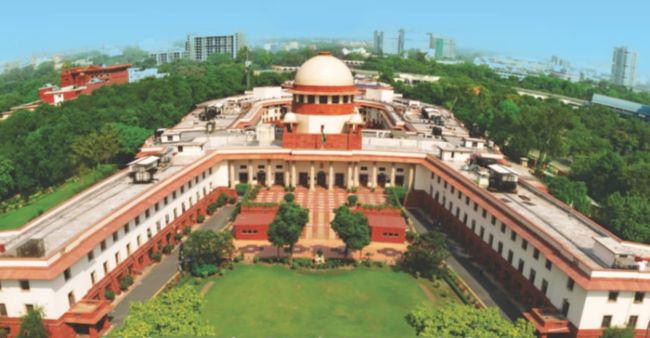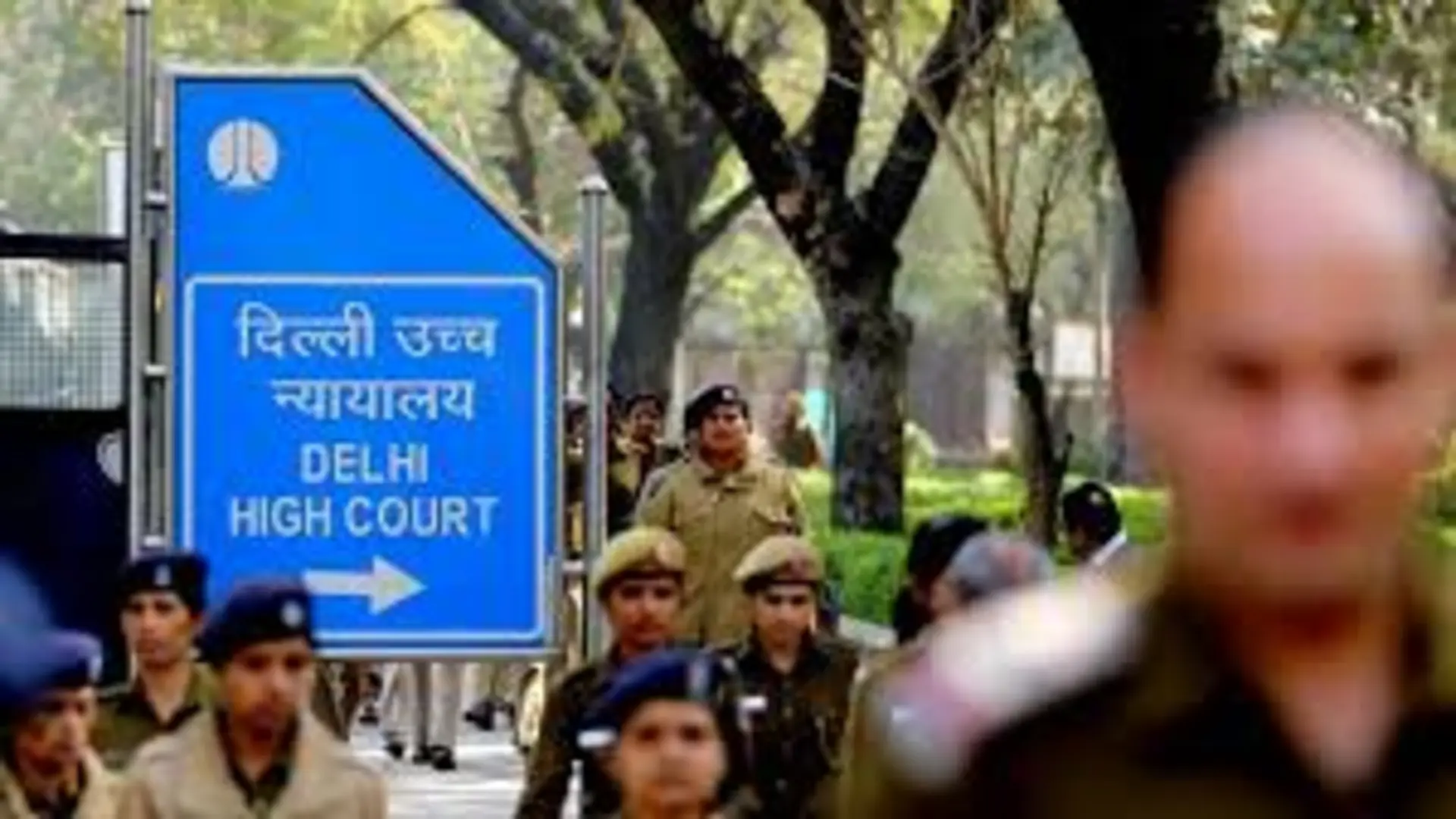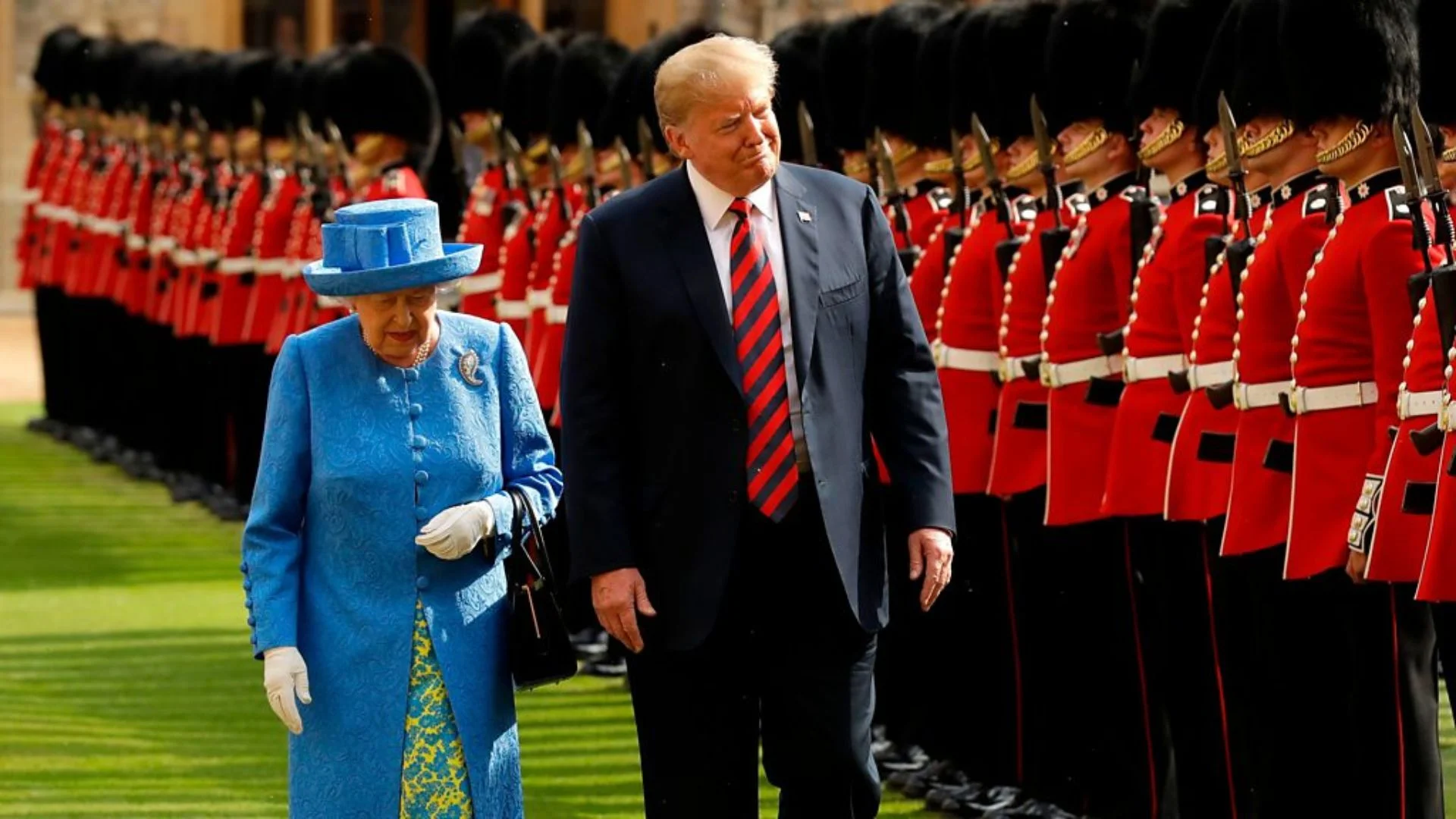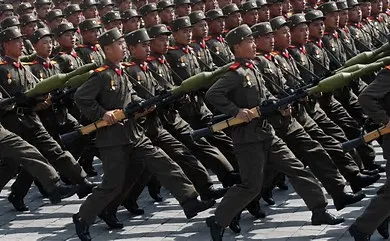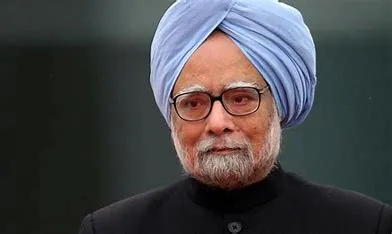The Supreme Court in the case State of Uttar Pradesh v. Association of Retired Supreme Court and High Court Judges observed and has addressed the issue of ‘arbitrary and frequent’ summoning of government officials by the Courts.
The Supreme Court in the case issued the guidelines to the High Courts on January 02, 2024.
The bench comprising of Chief Justice of India DY Chandrachud, Justice JB Pardiwala and Justice Manoj Misra in the case observed and has framed the Standard Operating Procedure, SOP on summoning of government officials and directed that all High Courts should follow it. Thus, all the High Courts should consider framing rules to regulate the appearance of officials after taking into account the SOP.
The Highlights of the Standard Operating Procedure, SOP are:
=The personal presence may be required in evidence-based adjudication, summary proceedings and non-adversarial proceedings i.e., where the Court requires assistance on complex policy issues and other than such cases, if the said issues can be addressed through affidavits and other documents, personal presence may not be necessary and should not be directed as a routine measure.
=The court directed the presence of a government official that in cases where the Court is prima facie satisfied that specific information is not being provided or is intentionally withheld or if the correct position is suppressed or misrepresented.
=The court should not direct the presence of the official solely because the stand of the official in the affidavit differs from the court’s view. Thus, in such kind of cases, if the matter can be resolved through existing records, the issue be decided on merits accordingly.
=The court should allow as a first option the officer to appear before it through vide o conferencing, in exceptional cases where the in-person appearance of the official is called for by the Court.
=The invitational link for Video Conferencing, VC appearance must be sent by the Registry of the Court to the given mobile number and email ID of the concerned official by SMS, WhatsApp, email at least one day before the scheduled hearing.
=When the personal presence of an official is being directed, the reason should be recorded as to why such presence is required.
=The court stated that due notice for in-person appearance, giving reason, must be served in advance to the official, enabling the official to come prepared.
=The Court should to the extent possible designate a specific time slot in order to address the matters where the personal presence of an official or a party is mandated.
=The Government officials who participate in the proceedings need not stand throughout the hearing. Thus, the standing should be required only when the official is making statements or responding to the Court.
=During the course of the hearing of the matter, the oral remarks which have the potential to humiliate the official should be avoided.
=The Court must refrain from commenting on the physical appearance, the educational background or the social standing of the official appearing before it.
=The Courts must cultivate an environment of respect and professionalism.
=Comments on the dress of the official appearing should be avoided unless there being the violation of the specified dress code applicable to their office.
=The courts must consider the complexities of decision-making before specifying timelines for compliance of orders and the reasonable time frame must be accommodated.
=If an order is being passed and the government seeks a revision of the specified time frame, thus, the Court may entertain such request and devise a reasonable time frame for the compliance of judicial orders.
=The said Court should exercise caution and restraint while initiating contempt proceedings.
=In a proceeding initiated issued for contempt for wilful disobedience of order, therefore, the Court should ordinarily issue a notice to the alleged contemnor seeking an explanation for actions, instead of immediately seeking personal presence.
=The Court should carefully consider the response of the alleged condemner and should decide the future course of action, while following the issuance of the notice.
=If the original order lacks a specific timeline, the said Court should consider granting an extension.
=If the order specifies a compliance deadline and difficulties arise, thus, the Court should permit the contemnor to submit an application for extension.
=The court in the case passed the said directions while setting aside the direction issued by the Allahabad High Court to take into custody two Secretaries of the Uttar Pradesh Government for alleged non-compliance of directions regarding the facilities to retired judges.
The Supreme Court stayed the order of the High Court, which took into the custody the Special Secretary (Finance) and Secretary (Finance) of the Uttar Pradesh government over the non-compliance of directions to provide domestic help and other facilities for retired judges and directed their immediate release
The counsel, Solicitor General of India Tushar Mehta submitted before the court that the CJI to lay down guidelines on summoning government officials and submitted a draft SOP.
The bench of CJI agreed to frame the SOP.
Thus, the draft SOP, among other things, suggested that before initiating contempt proceedings, the petition moved for review on behalf of the government must be considered by higher courts, if it is pointed out that certain points of law were not considered during adjudication.

